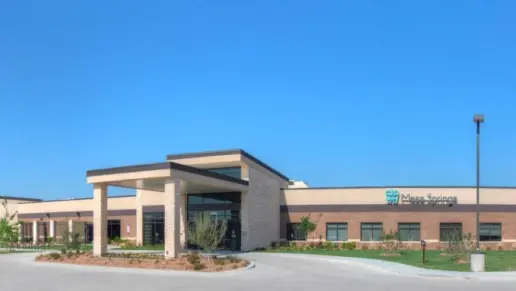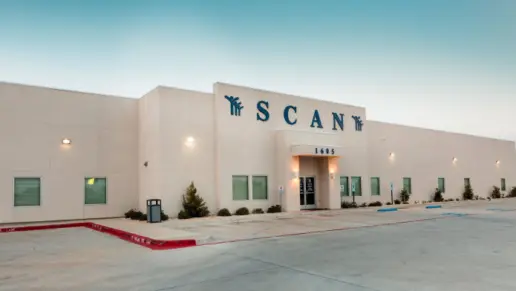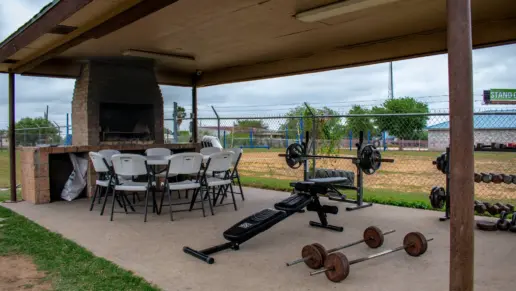About Triangle Group – AA
Triangle Group - AA offers outpatient treatment for individuals with alcohol addiction. The program includes group therapy, 12-step meetings and more. Triangle Group - AA is located at Waco, Texas.
A.A. is a program of total abstinence. Members simply stay away from one drink, one day at a time. Sobriety is maintained through sharing experience, strength and hope at group meetings and through the suggested Twelve Steps for recovery from alcoholism.
Anonymity is the spiritual foundation of A.A. It disciplines the Fellowship to govern itself by principles rather than personalities. They are a society of peers. They strive to make known their program of recovery, not individuals who participate in the program. Anonymity in the public media is assurance to all A.A.s, especially to newcomers, that their A.A. membership will not be disclosed.
Anyone may attend open meetings of A.A. These usually consist of talks by a leader and two or three speakers who share experience as it relates to their alcoholism and their recovery in A.A. Some meetings are held for the specific purpose of informing the nonalcoholic public about A.A. Doctors, members of the clergy, and public officials are invited.
Latest Reviews
Rehab Score
Other Forms of Payment
Addiction Treatments
Levels of Care
Treatments
The goal of treatment for alcoholism is abstinence. Those with poor social support, poor motivation, or psychiatric disorders tend to relapse within a few years of treatment. For these people, success is measured by longer periods of abstinence, reduced use of alcohol, better health, and improved social functioning. Recovery and Maintenance are usually based on 12 step programs and AA meetings.
During rehab in Texas, you'll deal with underlying issues that contribute to addiction. By addressing these challenges and learning healthy ways to cope with them, you'll develop strategies that help you live a drug-free lifestyle.
Opioid rehabs specialize in supporting those recovering from opioid addiction. They treat those suffering from addiction to illegal opioids like heroin, as well as prescription drugs like oxycodone. These centers typically combine both physical as well as mental and emotional support to help stop addiction. Physical support often includes medical detox and subsequent medical support (including medication), and mental support includes in-depth therapy to address the underlying causes of addiction.
Substance rehabs focus on helping individuals recover from substance abuse, including alcohol and drug addiction (both illegal and prescription drugs). They often include the opportunity to engage in both individual as well as group therapy.
Programs



Clinical Services
Group therapy is any therapeutic work that happens in a group (not one-on-one). There are a number of different group therapy modalities, including support groups, experiential therapy, psycho-education, and more. Group therapy involves treatment as well as processing interaction between group members.
Contact Information
221 North 25th street
Waco, TX 76710


